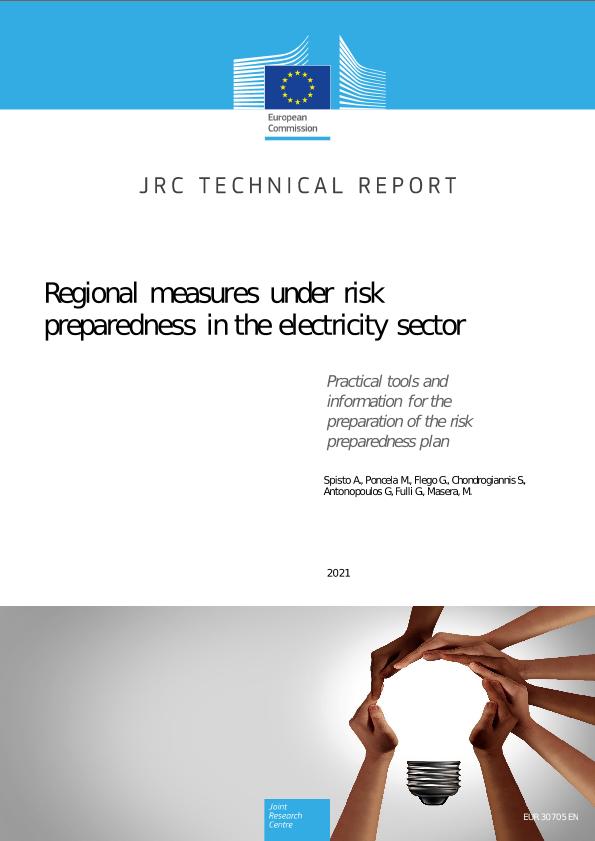
Experiences of electricity outages pushed countries around the world to sign formal cooperation agreements and to establish supranational bodies to coordinate actions in the event of a crisis. In Europe, there are multiple examples of voluntary regional and bilateral cooperation between transmission system operators (TSOs). These voluntary agreements are often based on existing procedures implemented by the TSOs for emergency prevention and management. TSOs implement the operational measures applicable in case of emergency and often take initiatives to establish cross-border cooperation schemes. The risk preparedness regulation (RPR) puts together existing regulatory tools and the expertise and capabilities of EU Member States (MSs) in handling electricity crises at national, and across national borders level (regional dimension), while adding some important elements to strengthen the possibility of cooperation among MSs and between MSs and non-EU countries that are interconnected and part of the European synchronous: solidarity of a Member State with the technical ability to offer assistance to another Member State in crisis, with the final goal to protect public safety and personal security; a common EU-framework for the definition of national, regional, and bilateral measures to be included in the risk preparedness plans; cost-efficiency and effectiveness of the management of a crisis through cooperation, and efficient use of resources; legally binding rights and obligations of the parties of the assistance agreement; fairness of the remuneration of the assistance.
In order to ensure a common approach to electricity crisis prevention and management, the RPR states that the competent authority of each Member State shall draw up a risk-preparedness plan on the basis of the information collected from various sources – i.e. the regional (with more MSs involved) and national electricity crisis scenarios ((artt. 10-11-12-13 of Regulation 2019/941), the short term adequacy assessment. The plan shall describe effective, proportionate, and non-discriminatory measures addressing all identified risks and adequacy issues. Finally, the plan shall also include the post-crisis activities of reporting and monitoring of the occurrences, in order to gather the lessons learnt from the event, and to improve the risk preparedness plans and management of future electricity crises.
This study addresses the regional dimension of electricity crises management in the European Union and elaborates on the national and regional rules and procedures that are relevant for the definition of target measures and regional cooperation agreements. In this context, we identify the essential elements for the prevention, preparation for and management of a crisis as a practical guide for the preparation of the risk preparedness plan, with the objective to extend and develop the European Commission’s Recommendations (EU) 2020/1775 (European Commission, 2020b). This analysis is based on a number of regulatory documents - like the guideline on electricity transmission system operation and the network code on emergency and restoration - and other studies on the most frequent causes of outages, the associated effective remedial actions, the best practices in crisis management, and the economic impacts of electricity crises.
The RPR recalls other EU legal frameworks that establish tools for the preparation and management of crises or platforms for cooperation between MSs, some of them beyond the energy field. It is important that competent authorities consult the existing platforms of cooperation and risk assessments. In the same way, it is important that the first risk preparedness plans build on existing cooperation structures and provide clear and transparent mechanisms of cooperation to increase its efficiency in case of need.
In this study we also try to highlight the indirect effects of the RPR on the incentives towards cross-country cooperation, i.e. flexible international energy trade agreements, international joint investments that play a role in preventing or alleviating electricity crises, and costs and benefits sharing agreements between the cooperating parties.
